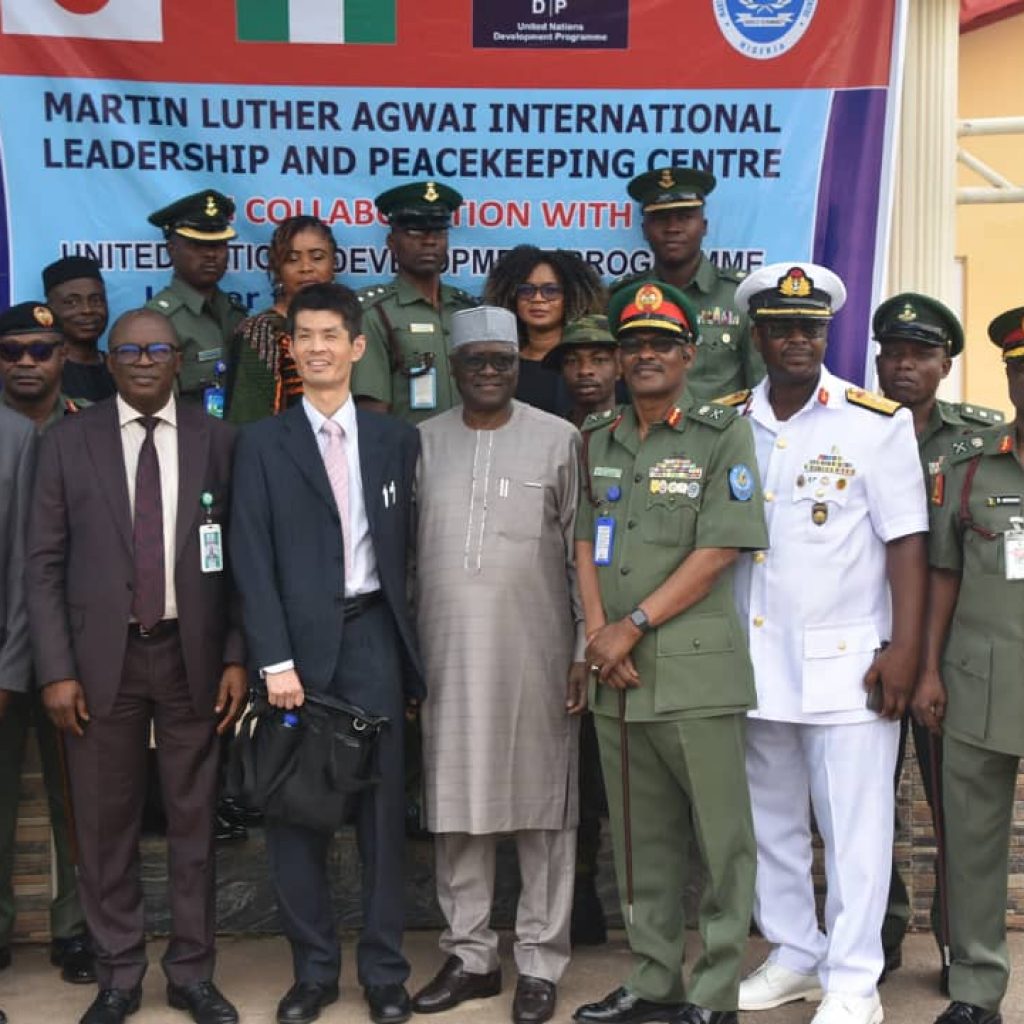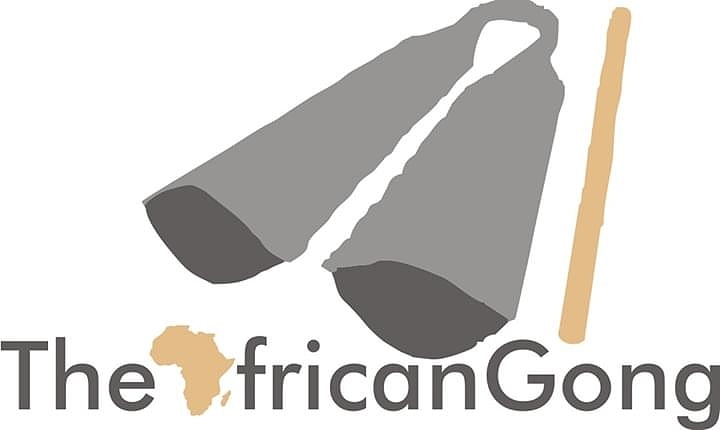
The Martin Luther Agwai International Leadership and Peacekeeping Centre (MLAILPKC) and United Nations Development Programme (UNDP) on Tuesday in Abuja, unveiled a Counter-Piracy and Response in the Gulf of Guinea.
The News Agency of Nigeria (NAN) reports that the project was sponsored by the Government of Japan.
The Minister of State for Budget and National Planning, Mr Clement Agba, said the Gulf of Guinea had remained the epicentre of sea criminalities of the years
Agba, who was represented by the Director, International Cooperation, Dr Lanre Adekanye, said the growing number of criminal activities in the region underscored the need for the project.
He said that sea piracy had continued to have adverse effect on economic growth and pose threats to the livelihood of the coastal communities in the Gulf of Guinea.
He commented the government Japan and the UNDP for funding the project, complementary partnerships and provision of technical support where necessary.
“Let me on behalf of the government of Nigeria, acknowledge and appreciate the longstanding bilateral ties between Nigeria and the government of Japan.
The Japanese Ambassador to Nigeria, Kazuyoshi Matsunaga, said the Gulf of Guinea has been described as the world’s most challenging piracy zone.
Matsunaga, who was represented by the First Secretary, Tomoyoshi Maehira, said that piracy in the region had also been a recurrent phenomenon with serious concern to the countries bordering the area and the international community.
He said that the phenomenon had continued to discourage foreign investment, hampers international trade and businesses along the corridor.
According to him, it equally terrorises seafarer communities, weakens state control of coastal and offshore areas, slows development of blue economy and emboldens illicit trade and illegal fishing.
“The activities of piracy does not only remain a serious threat to trade and businesses of the coastal communities, but also retards the economies of the GoG countries, particularly Nigeria.
“Against this backdrop, the Government of Japan decided to fund the Regional and National Counter – Piracy Project to ensure peace and stability in the Gulf of Guinea and to boost regional and global trades.
“The project is critical to ensuring the security and safety of tradesand seafarers and aims to increase international trade, contributing to sustainable development in the region,” he said.

Matsunaga urged officers responsible for the fight against piracy in the area as well as hear their opinions on expected contributions from Japan in the future.
The Deputy Resident Representative, UNDP, Mr. Lealem Dinku, said the region had continues to be a dangerous hotspot area for seafarers with 43 per cent of global reported piracy incidents.
Dinku, who was represented by the Team Lead, Governance, Peace and Security, Matthew Alao, added that all 40 kidnapped crew incidents occurred in the region in the first quarter of 2021.
He said that concerted efforts of regional and international navies especially Nigerian Navy had led to reduction in piracy incidents from 16 in quarter one of 2021 to seven over the same period in 2022.
“In spite of this, piracy and maritime crimes continue to pose serious threats to international trades, the safety of seafarers, and regional and global development.
“The realisation of the economic importance of this maritime route to regional and international trades and businesses prompted the intervention of the Government of Japan, in partnership with UNDP, to fund projects in this area.
“This project is a continuation of the maiden project – ‘Capacity Building on Anti Piracy for MLAILPKC – implemented between March 2021 and March 2022 by MLAILPKC.
“The current project signposts the enduring strong partnership among the Government of Japan, MLAILPKC and UNDP which began in 2014,” he said.
